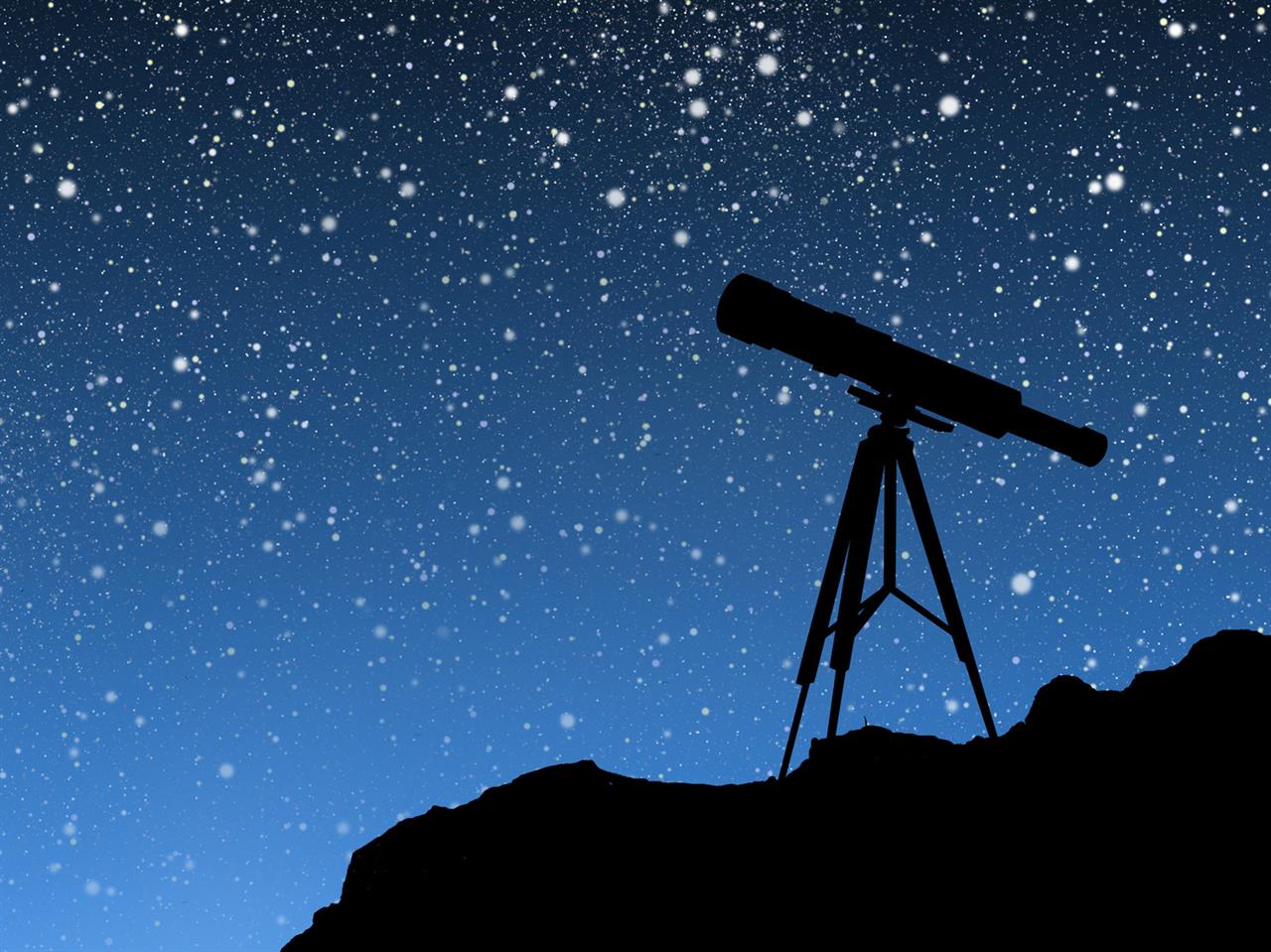
Look up and Get Lost
Srishti Anand | 28 Mar, 2017

“Dwell on the beauty of life. Watch the stars, and see yourself running with them.”
― Marcus Aurelius
Agreeing with Marcus Aurelius, people today have taken up Star Gazing as a separate hobby. It is an activity for people who enjoy watching the sky and looking for objects up there with unaided eye, binoculars or telescope. For these individuals, a scientific approach is not the main aim many amateurs make a contribution to the field of astronomy but barely monitoring and tracking variable stars and asteroids.
A typical stargazer is one who does not depend upon the astronomers for their primary source of support or income. He need not have a professional degree or any advanced professional training on this particular subject. An individual may have a degree of experience in astronomy so that he can work alongside professional astronomers.
Stargazing is not just associated with the process of viewing the night’s sky, at a time when most of the celestial objects and phenomenon are visible. Sometimes it also includes people working during the day and looking for sun spots and solar eclipse. Amateurs mostly look at the sky with the naked eye, but the common tools used for the hobby are telescope and binoculars.
For people living in a city with polluted air and clouds, the hobby may be carried out at someplace where the view is not obstructed by buildings and such.
People have been studying the night sky throughout the history, but recently such hobby-like astronomy has become an activity for clearly distinguished professionals and enthusiasts.
A few applications that may help you to take your hobby to another level are-
Starwalk –It allows you to point at the sky and see what’s up there in real time. It is based on your location. If you find something you can tap at it and find more information about it.
Google Sky Map- It is basically Google Maps, but for space. The data that it has is pulled from a wide range of sources like the Hubble Space Telescope, and NASA's Chandra satellite.
So, all astronomy enthusiasts out there, this is your time to take up what you love and contribute to the world of stars and planet from your end.
Related News
- A Journey of a Student’s School Life
- Education and Sports Go Hand In Hand
- New Education Policy
- Traditional Education vs. Online Education
- Green Revolution in India
- Effect Of Global Warming On Climate
- Is Nature Sending Us A Message?
- Shocking Facts About Mount Everest
- 9 Study Tips For Competitive Exams
- Cultural Intelligence: The Elixir for a Healthy Global Community
- What’s Next After 10th, 12th or Graduation? Where To Go And How To Choose?
- Lal Bahadur Shastri: The Unforgettable Hero
- What Is An Eclipse - All You Need To Know!
- No Teachers’ Day Celebration In Various Schools In Delhi-NCR
- India's Freedom Movement - The Angels Who Dared
- The Human Mind and Omnifarious Intelligence
- Bring Forth The Talent Within You
- Teachers Training Will Help Revamp Our Education System
- Mission Buniyaad - Parega India Tabhi To Age Badhega India
- Engineering Myths

